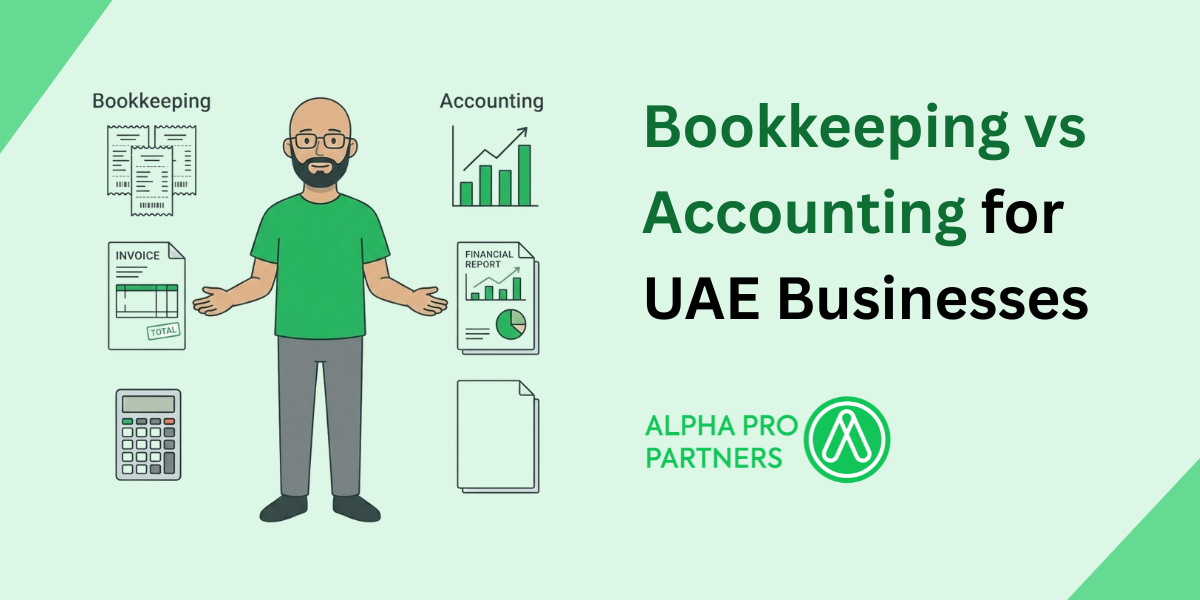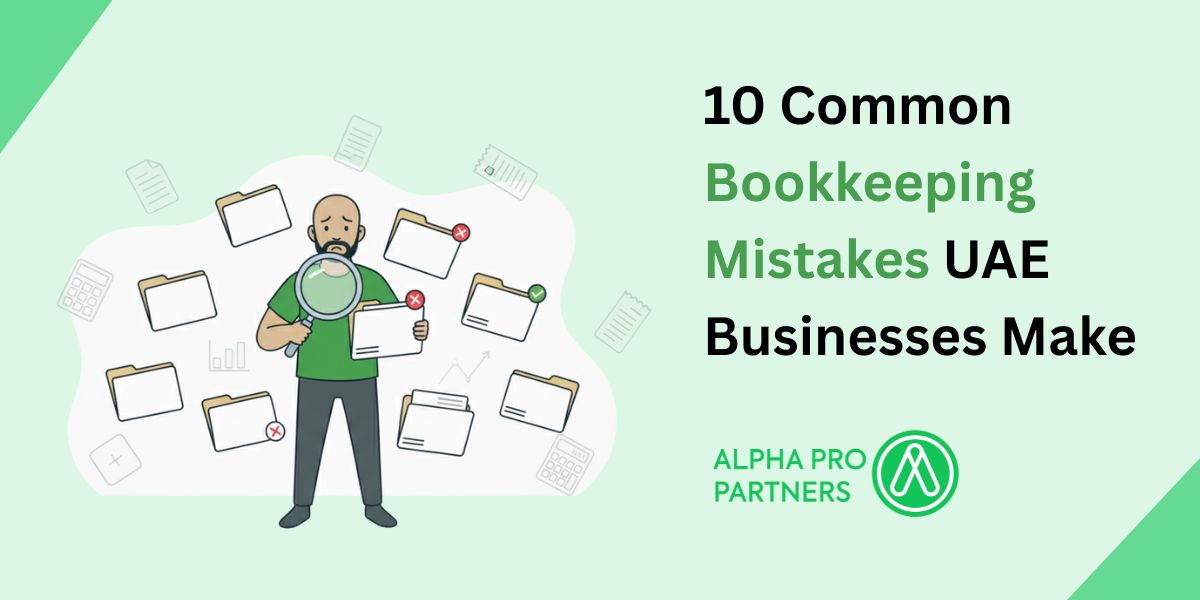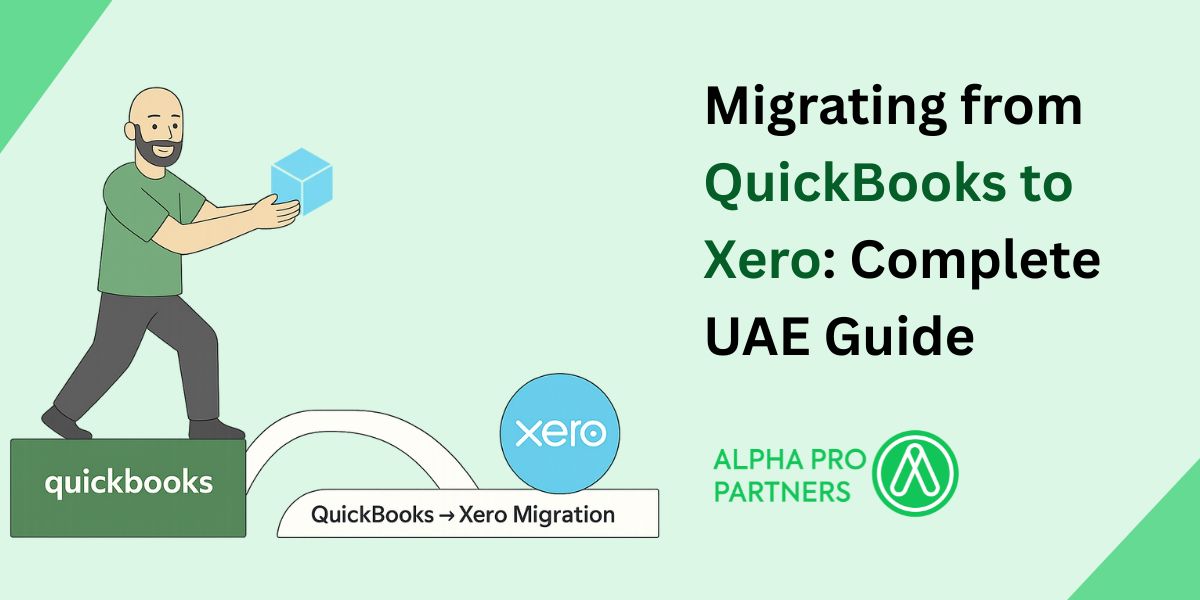How to Value Your Business: A Guide for UAE Entrepreneurs

Knowing how much your business is worth is not just about selling it or attracting investors. It is about truly understanding the financial health, potential, and long-term stability of your company. For entrepreneurs in the UAE, business valuation has become an essential tool for making informed decisions in a fast-changing economy.
Whether you are preparing to raise capital, planning your exit strategy, entering a merger or acquisition, or simply tracking growth, valuation gives you the insight you need to take the right next steps.
This guide explains the key reasons for valuing a business, the most common approaches, the financial analysis behind it, and the legal considerations that every UAE entrepreneur must know. By the end, you will have a clear picture of why valuation matters and how it can shape your business journey.
Why Business Valuation Matters
A valuation is more than a number. It is a window into your company’s true condition. For entrepreneurs, it offers several benefits:
Selling the Business
When preparing to sell, a valuation ensures you know the actual worth of your company. Without one, you may undersell your efforts or set expectations too high and scare off buyers. A structured valuation considers life cycle stage, industry competition, growth prospects, and financial history. Ideally, you should get a valuation at least three years before you plan to exit, giving you time to increase value through stronger revenues, brand reputation, and operational efficiency.
Mergers and Acquisitions
If you are planning a merger or acquisition, valuation is the foundation of fair negotiation. Both buyer and seller need to agree on what the company is truly worth. Valuations here are more complex, as they also include synergies, intellectual property, tax impacts, and regulatory compliance. Different methods are combined to give a well-rounded picture.
Raising Capital
Investors will not commit funds unless they see reliable evidence of value. A valuation helps you structure deals, decide how much equity to give away, and present a compelling case. Even if you are not seeking capital immediately, periodic valuations keep you prepared for opportunities.
Exit Strategy and Estate Planning
If you are considering retirement, transitioning ownership, or family succession, valuation plays a central role. It determines fair market worth, supports negotiations, and ensures proper handling of tax and legal matters. For family businesses, valuations help in smooth generational transitions and reduce disputes.
Approaches to Business Valuation
There is no single formula for valuation. Different approaches are used depending on the type of business, industry, and purpose.
Asset Based Approach
This method looks at the net assets of a company by subtracting liabilities from assets. It is particularly useful for asset heavy businesses or those in liquidation. Adjustments are often made to reflect market value rather than book value. One limitation is that intangible assets such as brand reputation or customer loyalty may not be fully captured.
Income Approach
Here, the value is determined by the present value of future income streams. The most common method is the Discounted Cash Flow (DCF) model. This involves projecting future cash flows, applying a discount rate, and arriving at a present value. It works well for companies with steady and predictable revenues.
Market Approach
This method compares the company to similar businesses in the same sector. The two most common techniques are Comparable Company Analysis and Precedent Transactions. Both rely on recent market data and multiples, such as price to earnings ratios, to establish fair value. However, this approach may be difficult if there are few similar businesses available for comparison.
Financial Analysis for Valuation
Reviewing Financial Statements
The backbone of any valuation is a detailed review of financial statements. Balance sheets, income statements, and cash flow statements are carefully examined. Analysts look for growth trends, profitability, debt levels, and liquidity ratios.
Adjusting Financial Statements
Raw financial statements often include irregular costs or one time events that distort reality. Adjustments are made to reflect sustainable earnings. Examples include removing one off losses, adjusting owner compensation to market levels, or excluding non operating assets.
Key Financial Metrics
Valuation relies heavily on financial metrics such as EBITDA, return on assets, return on equity, and debt to equity ratio. These help investors and analysts compare businesses across industries.
Projecting Future Cash Flows
Future cash flows play a critical role in valuation, particularly under the income approach. Estimating free cash flow helps in calculating how much value the company will generate over time. These projections are discounted back to present value for accuracy.
Business Valuation Methods
Discounted Cash Flow (DCF)
This is one of the most widely used methods. It values a business based on future cash flow projections discounted at a specific rate, usually the weighted average cost of capital. While reliable, it depends heavily on accurate forecasting.
Comparable Company Analysis (CCA)
This method benchmarks your company against other similar businesses. It uses financial multiples to gauge value. It is useful for providing a quick estimate but may lack precision if comparable businesses are not truly similar.
Precedent Transactions Method
Here, the value is derived from recent sales of similar companies. It shows how much buyers are willing to pay in the real market. However, access to reliable transaction data can be challenging.
Other Models
Depending on circumstances, models such as earnings multipliers, market capitalisation, or liquidation value may also be applied. Each provides a different perspective on value.
Legal and Regulatory Considerations
Valuation in the UAE is influenced by legal and regulatory frameworks.
- Compliance with standards: Each valuation method must align with international and local standards for accuracy and fairness.
- Mergers and acquisitions: Accurate valuation supports tax compliance, proper reporting, and fair negotiations.
- Tax implications: Business valuation affects estate tax, capital gains, and succession planning.
- Documentation: Valuation reports must be detailed and supported by contracts, intellectual property assessments, and financial records.
How Valuation Impacts UAE Entrepreneurs
For UAE based entrepreneurs, valuation connects directly to business growth strategies. It shapes fundraising rounds, strengthens credibility with banks and investors, supports restructuring, and prepares businesses for acquisition opportunities.
Valuation also enhances internal decision making. Owners gain clarity on whether to reinvest profits, cut costs, or pursue expansion.
Building a Culture of Regular Valuation
Many entrepreneurs only consider valuation when they are forced to by an investor or during a sale. The smarter approach is to integrate it as a routine part of business management.
Annual or biennial valuations allow you to spot weaknesses early, track progress against goals, and maintain realistic expectations. They also strengthen trust with stakeholders who see you taking governance seriously.
Final Thoughts
Valuing a business is both an art and a science. It requires careful analysis, adjustment, and an understanding of markets. For UAE entrepreneurs, mastering valuation is about more than numbers. It is about preparing for growth, protecting your legacy, and making smarter choices at every stage.
A clear and accurate valuation puts you in control. It ensures that whether you are selling, merging, raising capital, or planning your exit, you always know where your business stands.
If you would like expert support, contact Alpha Pro Partners today for a free consultation.
Frequently Asked Questions
1. How often should I get my business valued?
Ideally every one to two years, or whenever there is a major change such as expansion, new investment, or leadership transition.
2. What is the most accurate method of valuation?
It depends on your business. For steady revenue companies, discounted cash flow works well. For fast growth startups, market comparisons may be more relevant.
3. Can small businesses in the UAE benefit from valuation?
Yes. Even micro and small enterprises can use valuations to secure funding, negotiate partnerships, and track growth.
4. Do intangible assets like brand value matter in valuation?
Absolutely. While harder to measure, brand reputation, customer loyalty, and intellectual property are major contributors to business worth.
5. What documents are needed for a valuation?
Financial statements, business plans, ownership records, contracts, and any legal agreements related to intellectual property or debts.
6. How long does a valuation take?
Depending on complexity, it may take from a few weeks to several months. Larger companies with more assets naturally require more time.
7. Can a business valuation help during disputes?
Yes. Valuations provide an independent assessment that is often used in shareholder disputes, divorce proceedings, or inheritance cases.
8. Is business valuation expensive?
Costs vary by scope and size of the company. For startups it may be straightforward, while larger corporations may require extensive analysis.
9. Who performs a valuation in the UAE?
Typically, financial analysts, auditors, or corporate advisors with experience in valuation methodologies and regulatory compliance.
10. Why is regular valuation better than waiting until exit?
It gives you time to increase value, correct weaknesses, and build stronger financial performance ahead of big decisions.

.webp)
















.webp)
.webp)


.png)
.png)
.png)
.png)
.png)

.png)
.png)



.png)
.png)





.jpg)


.jpg)





.png)







.png)


